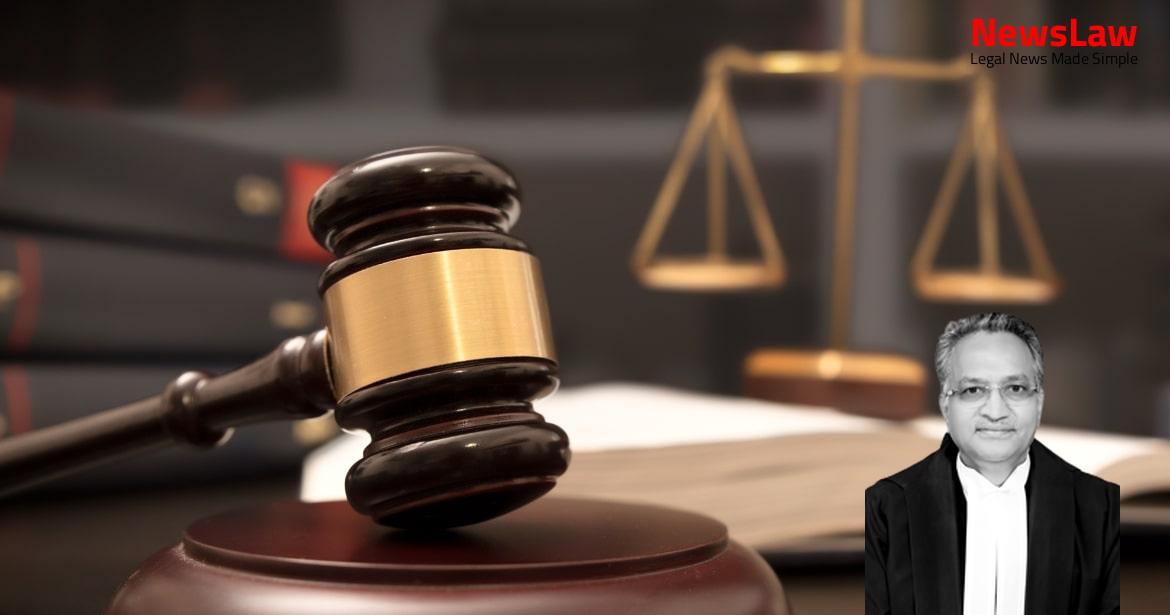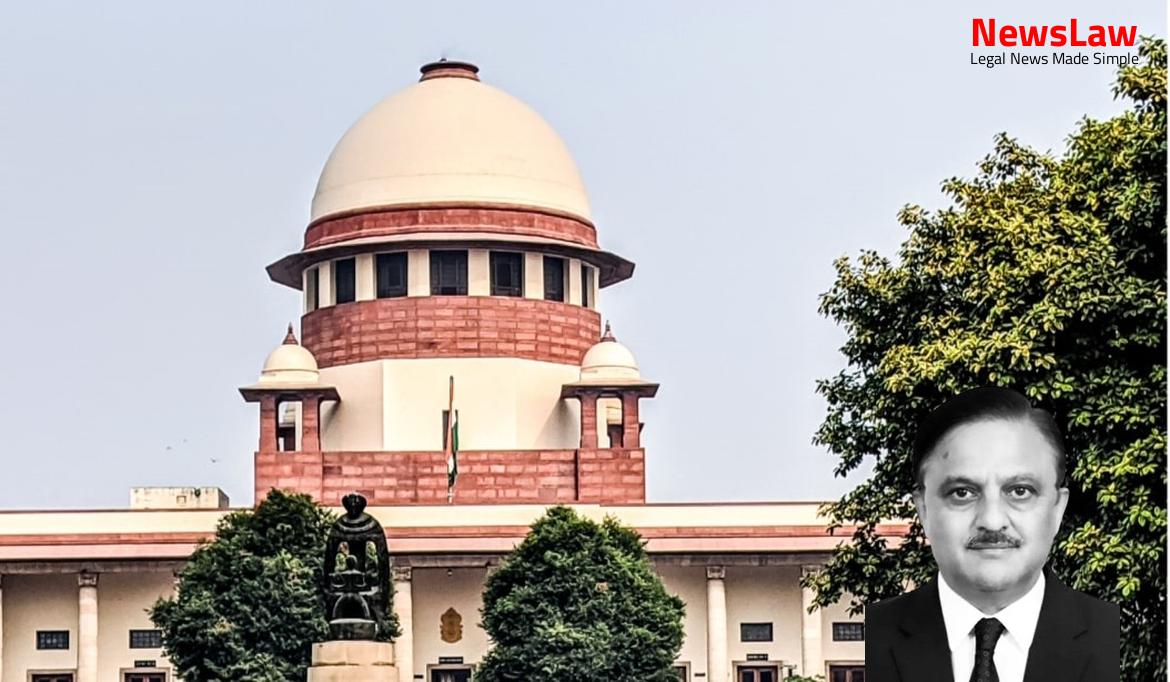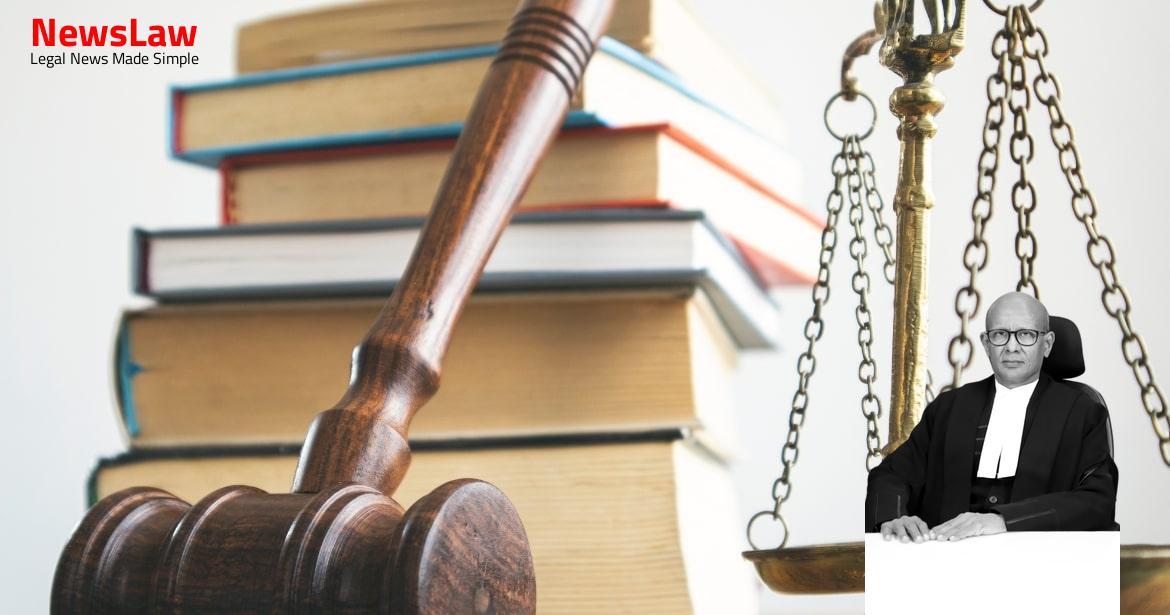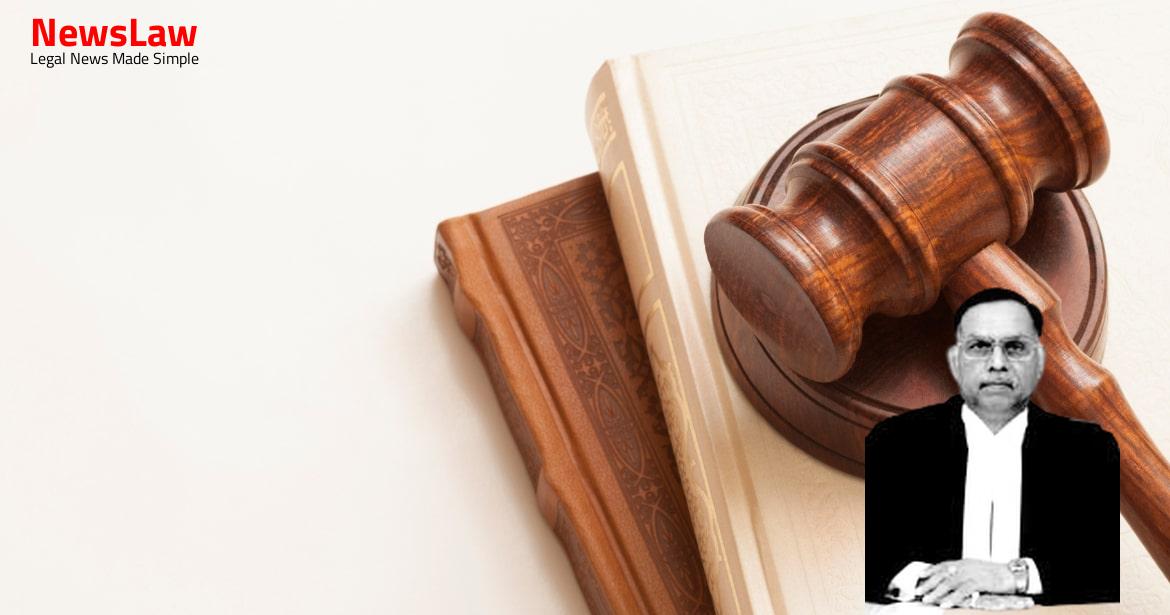In a significant legal ruling, the Supreme Court of India has issued crucial directives regarding security and protection orders. Emphasizing the need for impartiality and fair trial, the Court has highlighted the importance of upholding the constitution and laws. The judgment addresses concerns raised by the appellant and ensures the petitioner’s safety without succumbing to pressure tactics. This decision paves the way for ensuring a just legal process while safeguarding the rights of individuals involved.
Facts
- The appellant-in-person made an oral request for the Bench to recuse from hearing the matter.
- The request was noted in the order dated 11 April, 2019 while the order was reserved.
- The appellant-in-person was heard during the course of the hearing.
Also Read: Balancing Justice: Case Summary of C.P. No. 16/2017
Analysis
- The appellant’s prayer for immediate Z+ Security and protection is considered premature.
- The Court will only consider referring the matter to a Five Judge Constitution Bench at the time of final hearing of the appeal.
- The appellant’s objections to the appointment of Senior Advocate Mr. Vikas Singh and Additional Solicitor General Ms. Pinky Anand as Amicus Curiae are noted.
- The appellant’s request for direction against the Registry to ensure proper maintenance of case records is not warranted.
- Despite the appellant’s contentions, the Court emphasizes the need for impartiality and fair trial.
- The appellant’s grievances related to clerical errors and clerical rectifications in past Court orders are addressed.
- The appellant’s plea for temporary independent housing and protection is granted, with liberty to file interlocutory applications in the main writ petitions.
- The oath of office taken under Article 219 of the Constitution of India requires Judges to perform their duties without fear or favor, upholding the constitution and laws.
- Allegations of bias aimed at forum hunting or trying to influence the Court should not pressure Judges into making partial decisions.
- Succumbing to pressure in such cases would be a failure to fulfill the oath of office.
- Petitioner is advised to pursue the writ petition filed before the High Court
- The application for substantive relief beyond the main writ petition is deemed devoid of merit
- The court refrains from further commentary on the application
- The petitioner is allowed to pursue additional relief in the High Court
- If authorities fail to act on petitioner’s requests, she can seek appropriate remedy
- The court orders immediate protection for the Petitioner to prevent further poisoning or targeting
- The life of the Petitioner must be protected at all costs
Also Read: Interpreting Section 14 of the 2002 Act: Equivalence of CJM and CMM
Decision
- Fresh notice to be issued to the respondents.
- The stated documents are irrelevant to the question in the criminal appeal regarding alleged utterances by the appellant before the Delhi High Court.
- Application disposed of accordingly.
- Relief claimed in the writ petition is insufficient, petitioner may amend the petition.
- Writ petition disposed of accordingly.
- Other applications filed by the appellant in the criminal appeal to be considered in seriatim.
- Details of prayers made in the writ petition by the appellant.
- Writ petition disposed of with liberty to pursue remedy before the Delhi High Court.
- Appropriate not to allow the petitioner to approach different forums for overlapping issues regarding security and grievances.
- Application rejected in reference to the main writ petition.
- Application disposed of for the same reasons as the main writ petition.
- Application disposed of as the petitioner has been allowed to appear in-person.
- Application for listing cases before a different bench disposed of for the same reasons as the main writ petition.
- Liberty granted to file a substantive writ petition if fresh cause of action arises.
- Application disposed of with liberty to pursue remedy as per law.
- Orders passed regarding the writ petition and related matters.
- Delay in filing appeal condoned.
- Stay of operation of the impugned judgment requested by the appellant.
Also Read: Judgment by Supreme Court of India in M/s. Bhilwara Processors Ltd. vs. Department of Central Excise
Case Title: SEEMA SAPRA Vs. COURT ON ITS OWN MOTION
Case Number: Crl.A. No.-001238 / 2019



